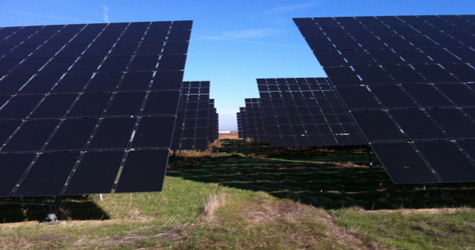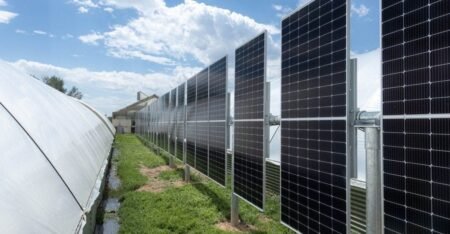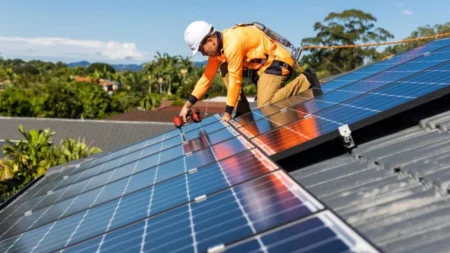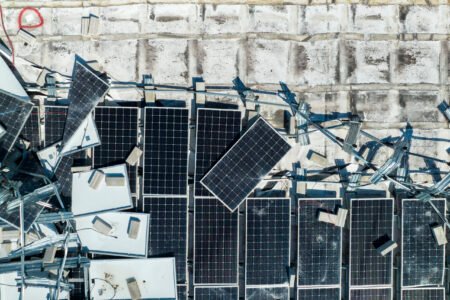PV LEGAL project finds that despite some progress, many EU Member States still must remove obstacles to the deployment of renewable energy systems, especially solar PV.
One year after the deadline for transposing the RES Directive, with which the EU aims to reach 20% of renewable energy sources by 2020, how well have Member States done in reducing bureaucratic barriers to the development of solar photovoltaic power? PV LEGAL answers this question in a new report looking at 12 key countries.
The results are decidedly mixed. In some countries, improvements have been observed. For example, developing a residential system is much quicker in France, Greece, Germany, the Netherlands and Portugal. Online registration systems, less stringent permitting requirements, and one-stop shop systems have helped reduce the time required to process requests.
But elsewhere in Europe the picture is not as bright. In Spain, overly burdensome bureaucracy is the reason for needing an incredible 89 weeks to develop a commercial rooftop system. Complying with these regulations and grid connection processes represents almost half the development cost of a project. The same is true in Bulgaria and in the United Kingdom.
“Europe’s policymakers must continue to stress the importance of removing these barriers if the EU’s RES goals are to be achieved,” said Reinhold Buttgereit, Secretary General of the European Photovoltaic Industry Association, one of the PV LEGAL partners.
Since PV will play an important role in the EU renewable energy share in 2020, it is important to make sure that the development of this technology is not hindered by administrative barriers. Lowering administrative costs will improve the cost-effectiveness of investments in photovoltaic systems, stimulate higher investment and allow national authorities to reduce financial support.
Grid connection difficulties remain the greatest bottleneck to deploy easily photovoltaic systems. Lengthy procedures, unclear interpretation of rules or excessive costs are some of the main barriers encountered in most of the markets studied in the project.
“European countries must set clear deadlines, and institute proportionate and transparent grid connection costs to avoid discriminatory situations,” said Jorg Mayer of BSW-Solar, German Solar Industry Association, the project’s coordinator.
The PV LEGAL project is finalising at the end of February but this is not the end of the story. In May 2012 a new project called “PV GRID” will begin a deep analysis of PV grid integration. It will continue the work started by PV LEGAL, and include more actors such as distribution system operators.











